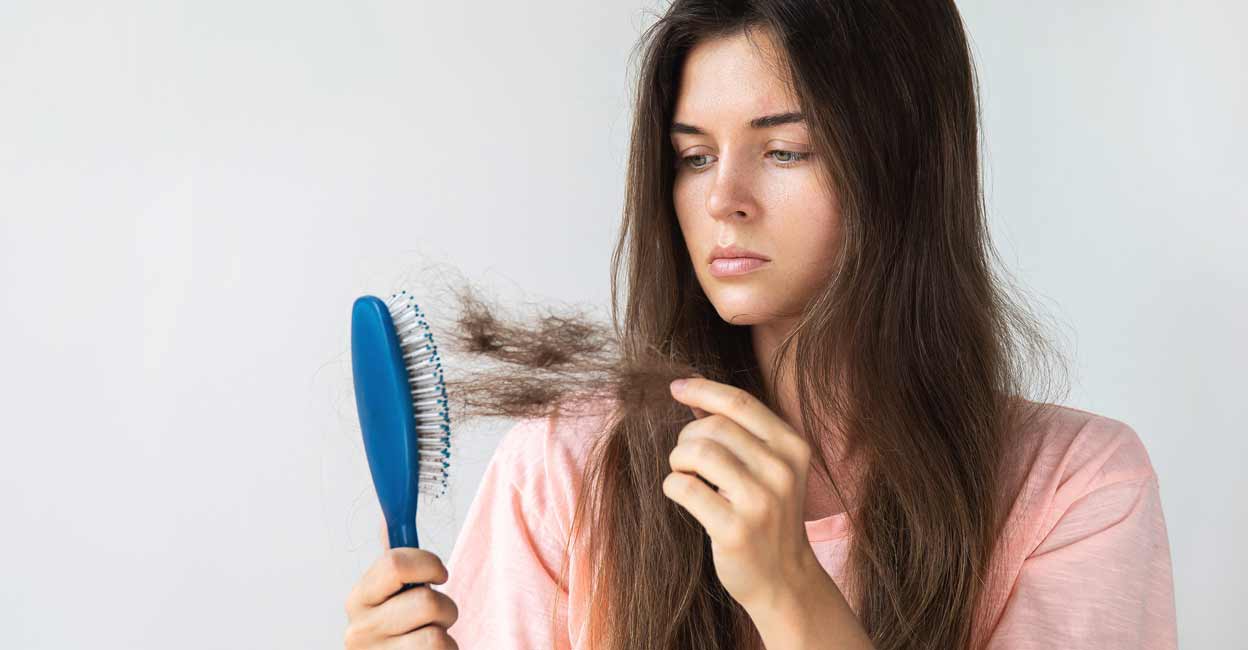Could Your Gut Be the Reason for Your Hair Loss? The Surprising Connection Revealed

Is Your Gut Health Affecting Your Hair? A Growing Concern
Hair loss is a common concern, impacting millions worldwide. While genetics and hormonal changes often take the blame, a surprising connection is emerging: the link between gut health and hair growth. Could the state of your digestive system be contributing to thinning hair or excessive shedding? The answer, increasingly, appears to be yes.
The Gut-Hair Connection: Inflammation and Beyond
The gut microbiome – the trillions of bacteria, fungi, viruses, and other microorganisms living in your digestive tract – plays a crucial role in overall health. When this delicate ecosystem is disrupted (a condition often referred to as dysbiosis), it can trigger inflammation throughout the body. This chronic inflammation is a major culprit in many health issues, and it’s increasingly recognized as a contributing factor to hair loss.
Here's how it works:
- Inflammation's Impact: Chronic inflammation can damage hair follicles, leading to weakened hair, slowed growth, and ultimately, hair loss.
- Nutrient Absorption: A healthy gut is essential for proper nutrient absorption. Hair follicles require a steady supply of vitamins and minerals (like iron, zinc, and biotin) to thrive. Gut issues can impair this absorption, depriving hair of the nutrients it needs.
- Immune Response: Gut dysbiosis can trigger an immune response, potentially leading to autoimmune conditions that attack hair follicles.
Specific Gut Conditions Linked to Hair Loss
Several gut-related conditions have been directly linked to hair loss:
- Celiac Disease: This autoimmune disorder, triggered by gluten, damages the small intestine and impairs nutrient absorption, often resulting in hair loss.
- Leaky Gut Syndrome (Increased Intestinal Permeability): When the gut lining becomes permeable, undigested food particles and toxins can leak into the bloodstream, triggering inflammation and potentially contributing to hair loss.
- Telogen Effluvium: This type of hair loss, often triggered by stress or illness, can be exacerbated by gut imbalances.
- Inflammatory Bowel Disease (IBD): Conditions like Crohn's disease and ulcerative colitis are characterized by chronic inflammation in the digestive tract, which can influence hair health.
What Can You Do to Support Gut Health and Hair Growth?
Fortunately, there are steps you can take to improve your gut health and potentially address hair loss:
- Dietary Changes: Focus on a whole-foods diet rich in fruits, vegetables, and fiber. Consider eliminating processed foods, sugar, and excessive alcohol.
- Probiotics & Prebiotics: Probiotics introduce beneficial bacteria to the gut, while prebiotics provide food for these bacteria. Consider incorporating probiotic-rich foods (yogurt, kefir, sauerkraut) or supplements into your diet.
- Manage Stress: Stress significantly impacts gut health. Practice stress-reducing techniques like yoga, meditation, or spending time in nature.
- Address Underlying Conditions: If you suspect you have a gut condition like celiac disease or IBD, consult a doctor for proper diagnosis and treatment.
The Bottom Line
The connection between gut health and hair loss is increasingly clear. By prioritizing your digestive health, you may be able to improve the health and vitality of your hair. If you're experiencing unexplained hair loss, consider exploring your gut health as a potential contributing factor. Consult with a healthcare professional or registered dietitian for personalized advice.






